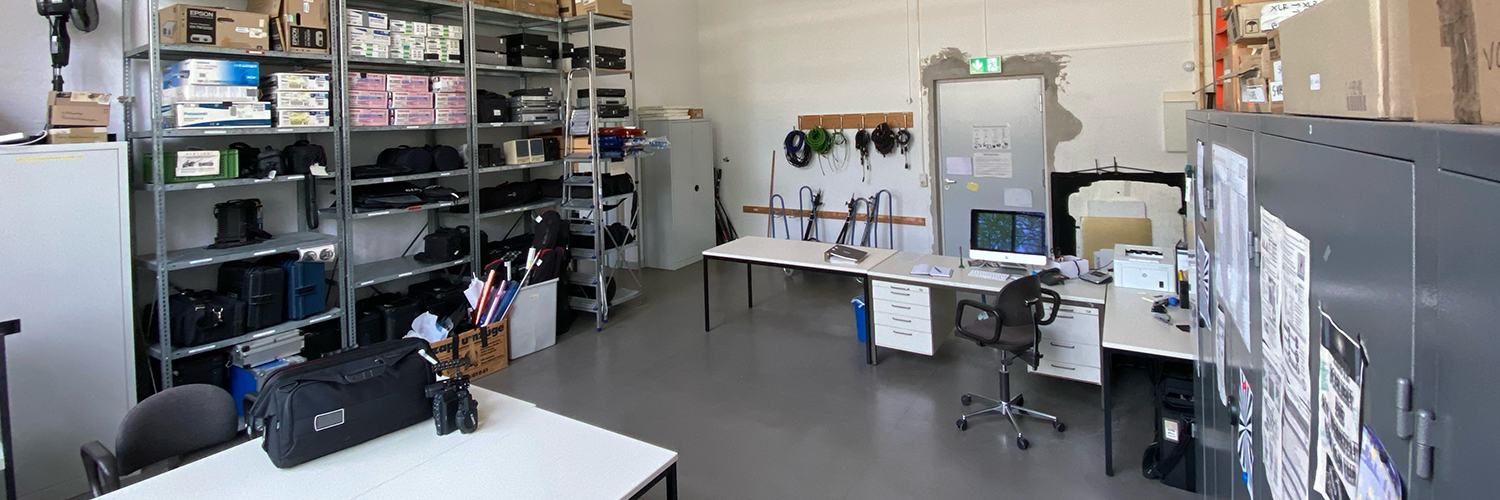Sommersemester 2024
Herzlich willkommen
(nach rechts klicken um zur nächsten Folie zu gelangen ►)

Künstlerische Projektklasse – die Untersuchung narrativer Verfahren, ihrer Möglichkeiten und Grenzen in den Bildmedien ist ein zentraler Bestandteil der Lehre.
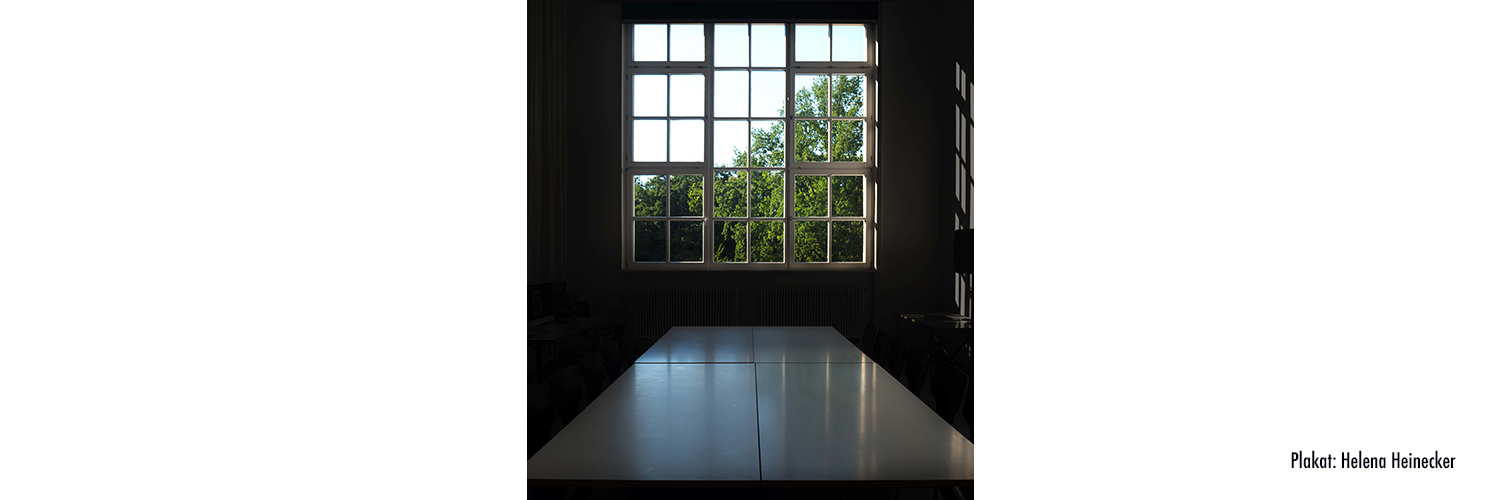
Einzelberatungs-Termine nach Absprache oder per Mail. (tarslan@udk-berlin.de).
Pflichtveranstaltung für Studierende der Fachklasse „Narration in und mit technischen Bildmedien“.
Nachweis: Fachklassenschein
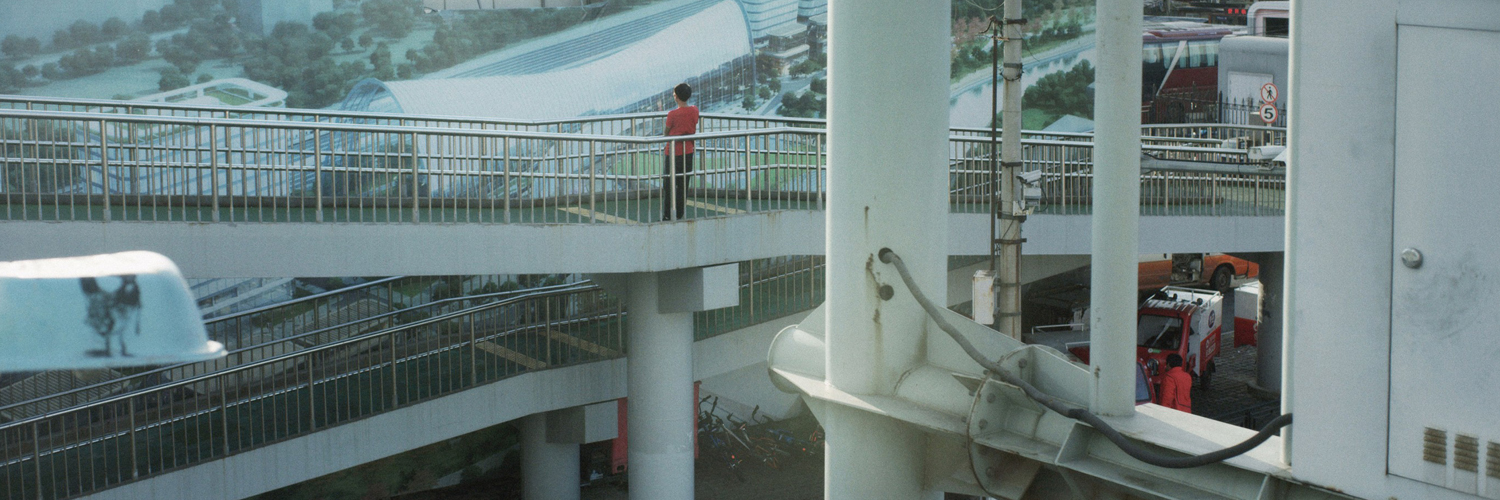
Die Ergebnisse der Schreibübungen sollen im Rahmen des Seminars reflektiert und diskutiert werden. Auch eigene Arbeiten und Entwürfe können konkret weiterentwickelt werden. Voraussetzung hierfür ist eine regelmäßige Teilnahme und eine aktive Mitarbeit.
Nachweis: Fachtheorie-Schein
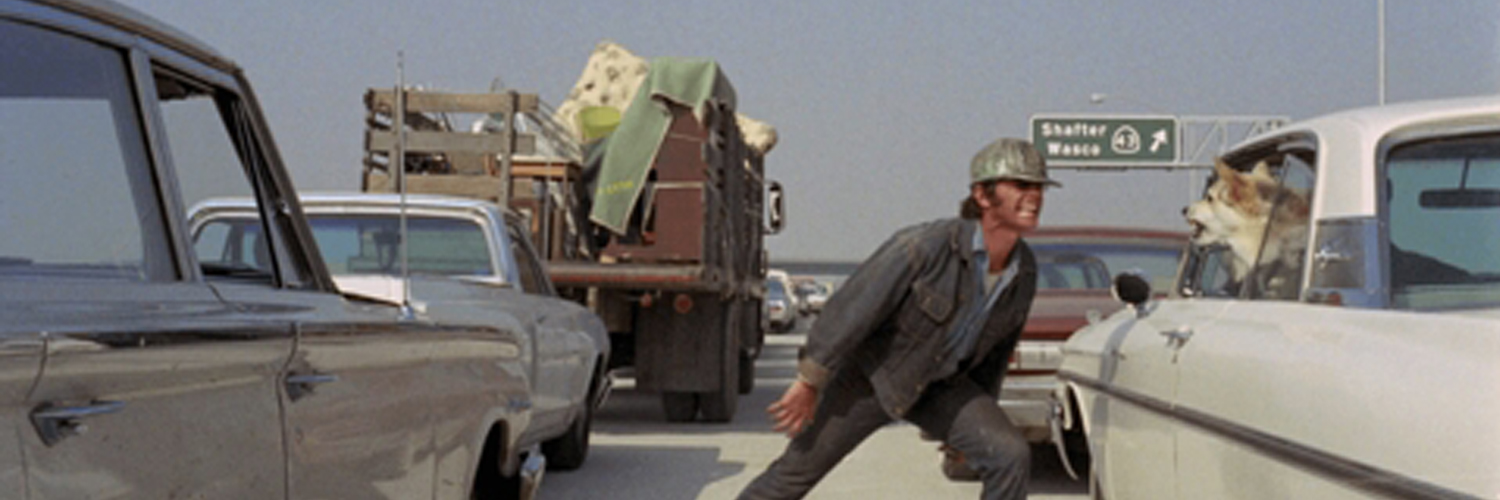
Als eine Weiterführung und Variation unserer bisherigen gemeinsamen Produktionsseminare möchte ich gerne einen Tag der Selbst-Reflexion widmen. Es soll euch die Möglichkeit zur Analyse und Schärfung eures Profils, eurer anstehenden Wünsche und Ziele als Regisseur*in/Künstler*in geben. An dem zweiten Tag wollen wir uns der Projektentwicklung anhand eures individuellen Projektstatus widmen. D.h. der Prozess zählt und auch der Prozess der gegenseitigen Bereitschaft miteinander und füreinander zu diskutieren.
Bei der Seminaranmeldung könnt ihr sehr gerne formulieren welche Frage euch aktuell am meisten umtreibt, damit ich vorab ein Stimmungsbild habe und das bestenfalls im Seminarplan berücksichtigen kann.
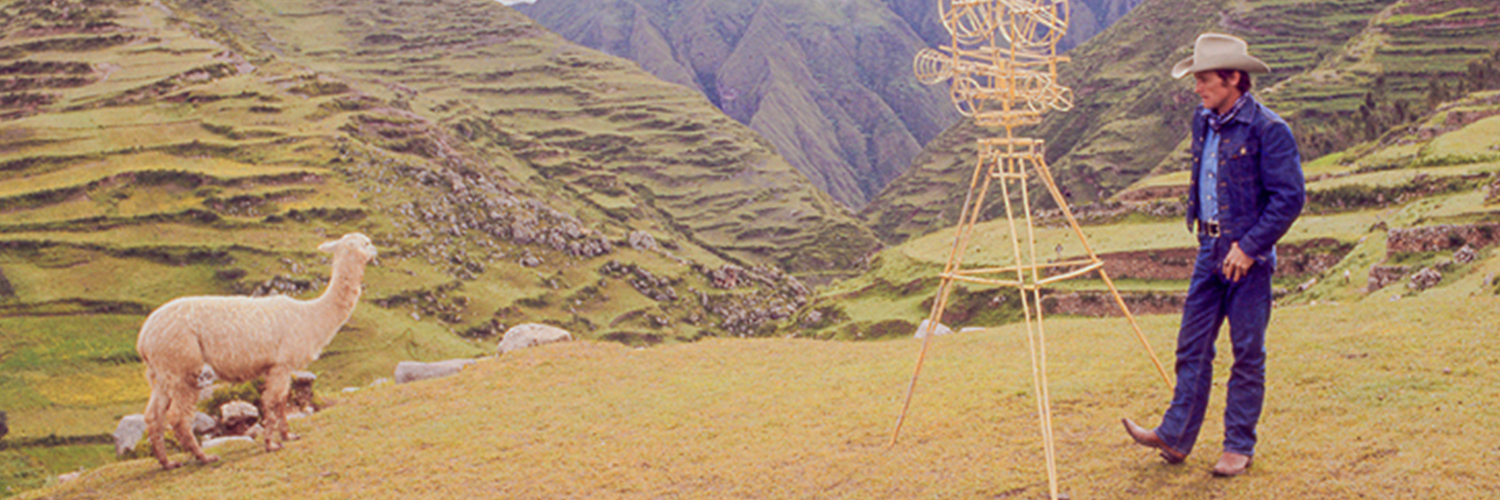
Die Veranstaltung soll sich mit „visuellen Effekten“ im fiktionalen Film beschäftigen, die versuchen, das „Hergestellte“ als „dokumentarisch Gefundenes“ wirken zu lassen. Dies soll in Bezug auf unterschiedliche visuelle Parameter an Hand einer Reihe von Filmen untersucht werden: Licht, Blickwinkel (Positionierung der Kamera), Framing (Kadrage), Bewegung der Kamera, Dauer der Einstellung, Abfolge der Einstellungen (Wechsel der Kameraposition), etc. Diese visuellen Entscheidungen werden auf die Dramaturgie der jeweiligen Erzählung rückbezogen.
Der filmanalytische Teil der Veranstaltung soll durch einen Praxis-Teil in Form kurzer Film-Projekte der Teilnehmer*innen ergänzt werden.
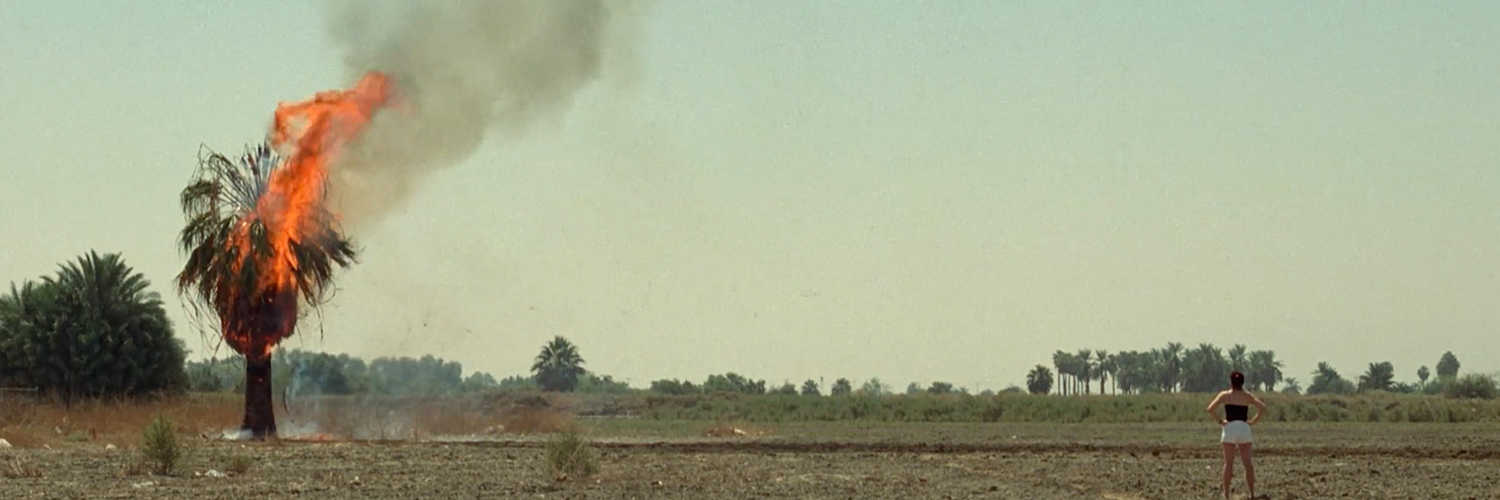
Zeitraum: Dienstag, 02.07. (Anreise) – Freitag, 05.07. (Abreise)
Ort: Sauen
Der theoretische und der praktische Teil des Seminars können nur zusammen belegt
werden.
Verbindliche Anmeldungen unter:
j.grossheim@udk-berlin.de
und info@reinholdvorschneider.de
Begrenzte Teilnehmer*innen-Zahl (max. 15)
Nachweis: praktisch-gestalterischer Schein
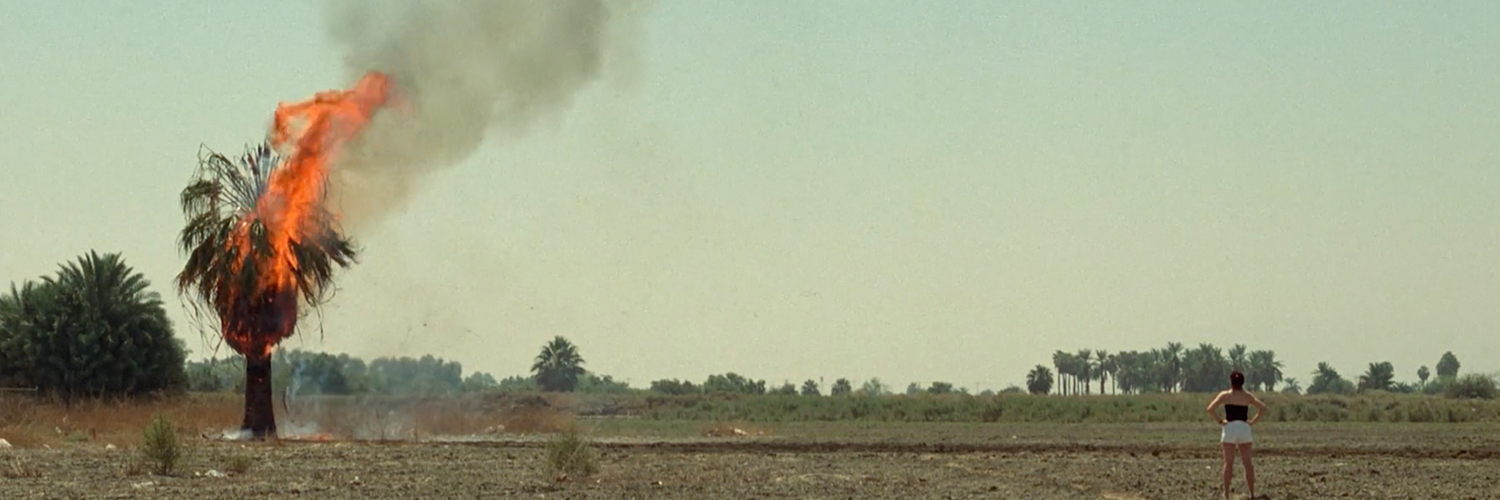
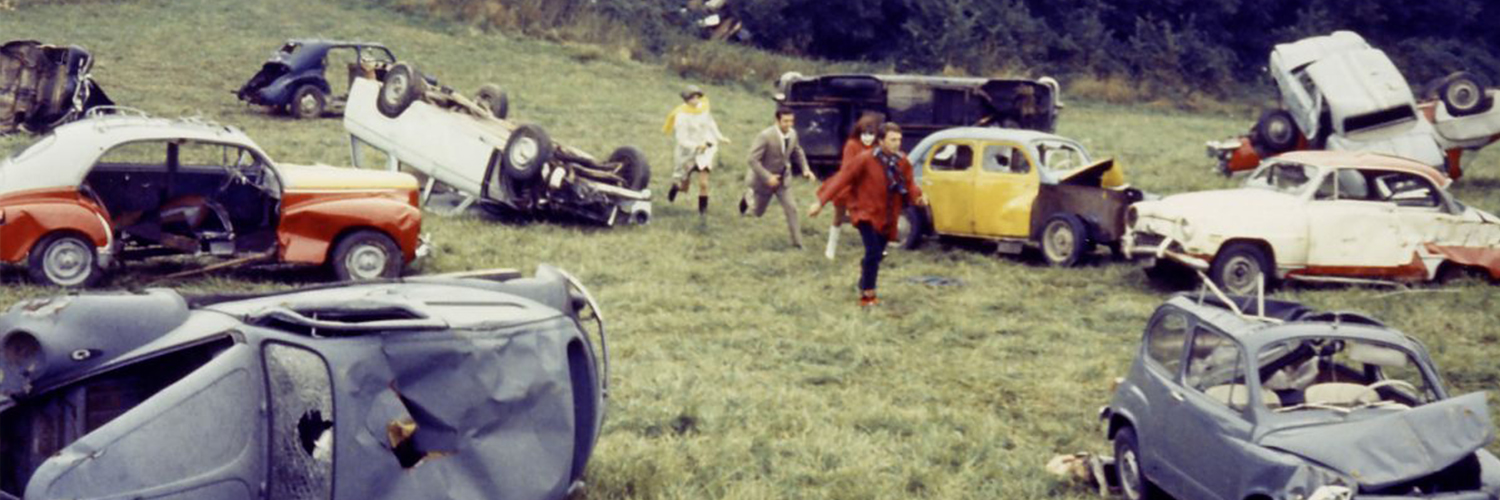
(Keine Scheinvergabe)
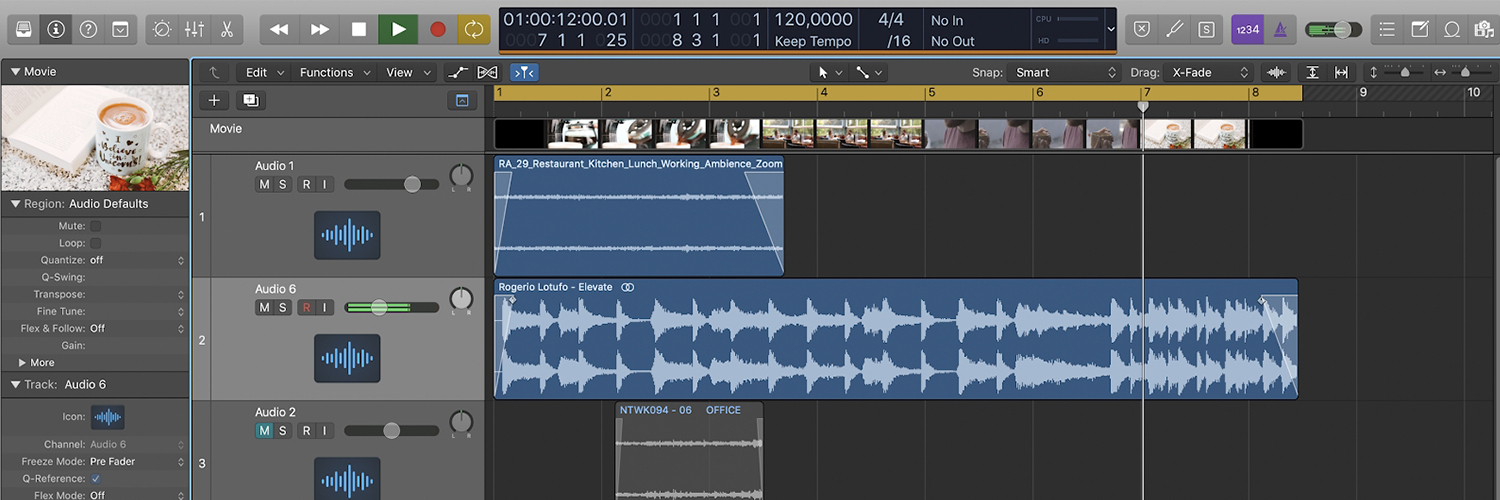
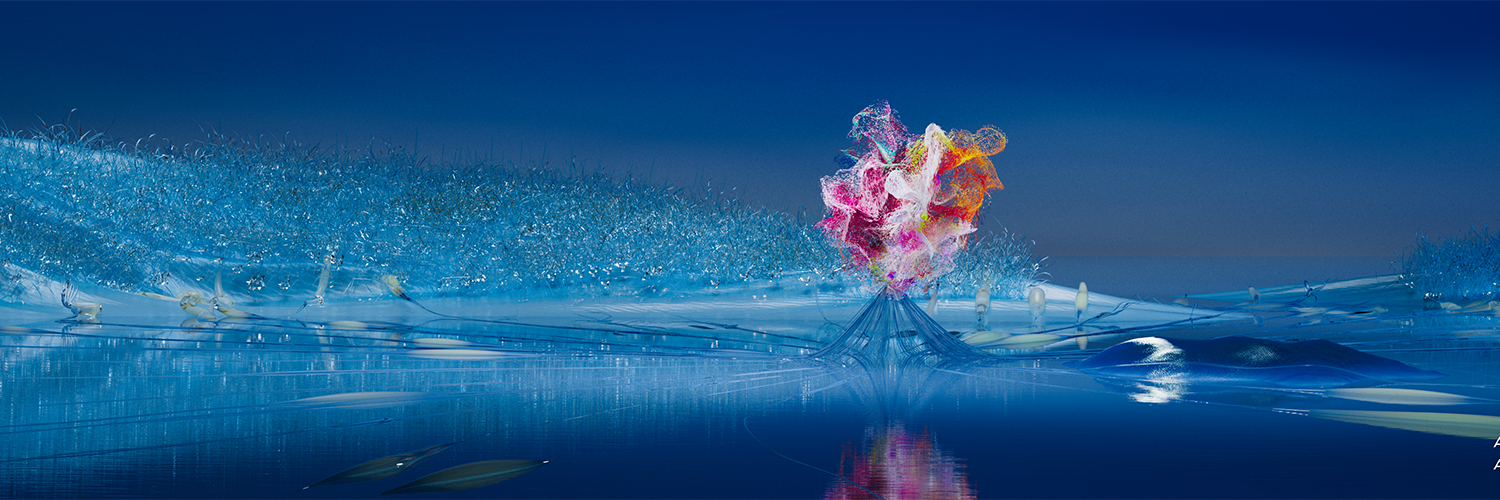
New students are invited to meet Prof. Nina Fischer on Monday, 15th at 2 pm,after the KUM semester introduction, in GRU 129. (please bring examples of your work for a short presentation)
Individual supervision after prior registration by e-mail at ni.fischer(at)udk-berlin.de
Mondays: 10 a.m. - 1 p.m.
Artistic Research Assistant:
Lilli Kuschel
l.kuschel(at)udk-berlin.de
Student-Tutors:
Elisabeth Scholz
elisabethjohannaschol(at)gmx.de
Juyeong Park
parkjuyeong3701(at)gmail.com

Traveldates: 24 – 28 June in Venice (Italy)
Please register until April 22nd under: ni.fischer(at)udk-berlin.de
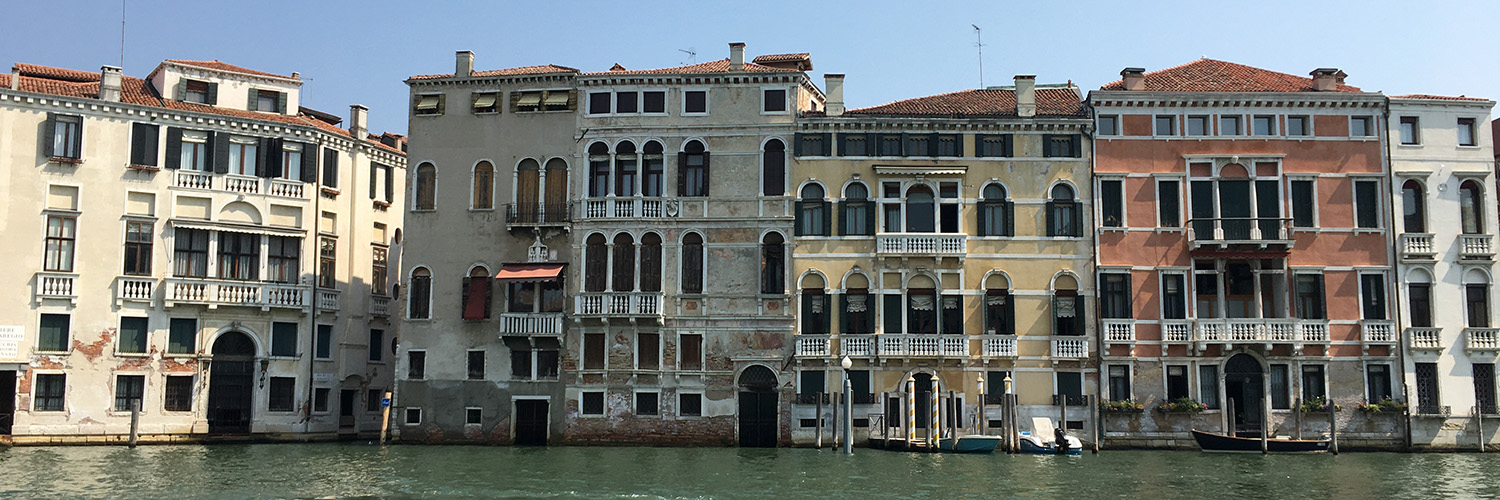
This block seminar will explore both the camera work as well working with lighting. In the first block (14 + 15.06), in addition to deepening the technical basics, we will focus on all parts of the cinematic image in space and time.
The second block will focus on lighting. Here we will try out practical approaches from "available light" to scenic lighting design.A maximum of 15 participants are eligible to enroll. please register per mail.
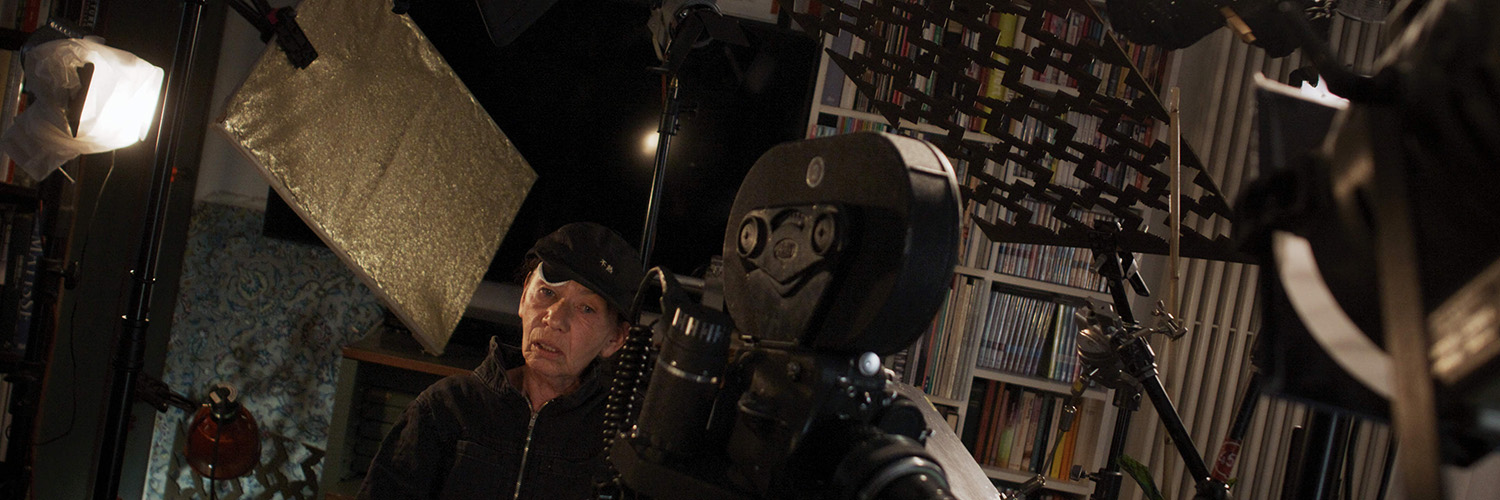
fundamentals of AI technology, such as machine learning and neural networks, and explore how these concepts can be applied in art and media production, by breaking downa detailed case study. Please register in advance per mail.
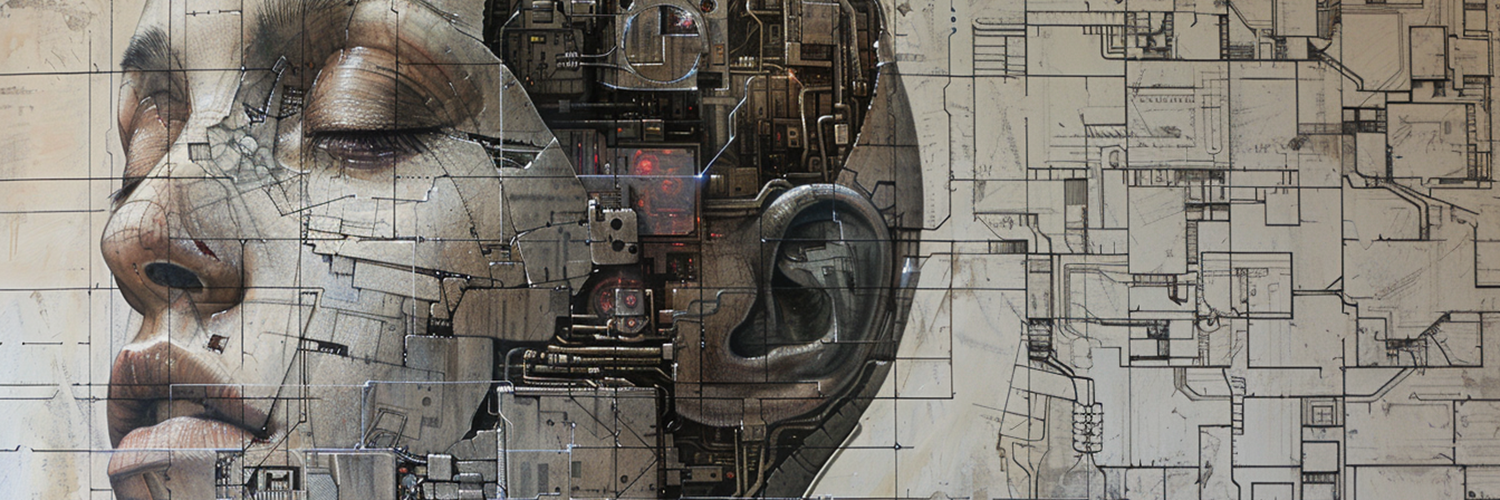
The Generative Art / Computational Art class explores the possibilities of using programming, generative strategies, and interaction in various contexts in artistic projects; the focus is on real-time systems that incorporate complex time structures, visuals, sound and music.
Professor Alberto de Campo– decampo@udk-berlin.de
Assistant Professor Bruno Gola – bgola@udk-berlin.de
Tutor*innen:
Leon Eckard – eckardleon@web.de
Selenay Kıray – selenaykiray@gmail.com
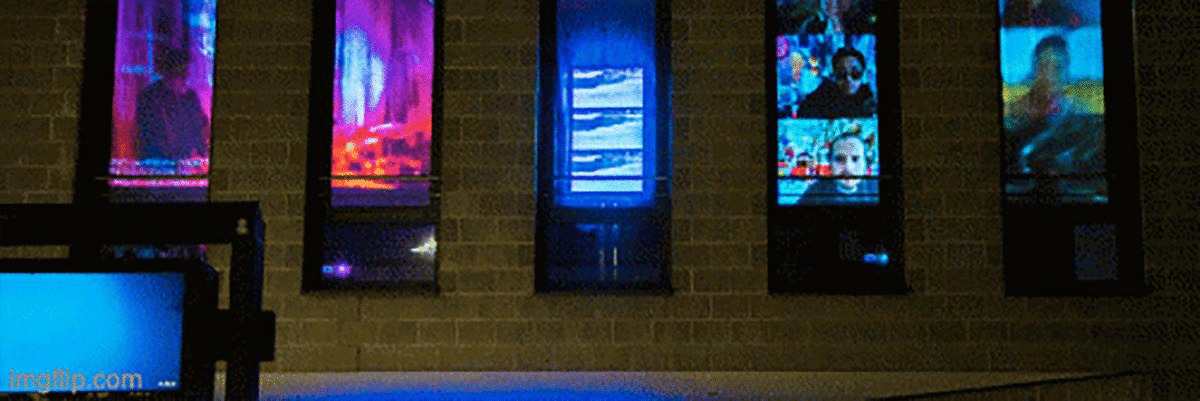
Plenary sessions will showcase and discuss ideas, sketches, current student work in intermediate stages, and relevant work from related fields. In individual supervision, the conception, step-by-step realization and formulation of generative, interactive and/or sound-based works, installations, instruments will be discussed and possible solutions tested.
Based on ideas of Walter Smetak and people inspired by his work, the smester topic is Instrumentos = Instruir Mentes

If instruments are designed to instruct minds, then what does that imply when we make/remake/breed our own instruments, setups and environments?
We will experiment with creating acoustic, digital, hybrid assemblages, when we design them for the experiment, they become Xstruments. We will design instruments that need a collective to play it as well share favorite instruments we already have, and crossbreed their concepts and material forms in any way we can imagine.
We will also listen to and study historical examples, from Walter Smetak to Harry Partch, UAKTI, to many contemporary artists that build their own instruments, including the .WAV project from UMPRUM Prag!

With a focus on collaboration and improvisation, we will explore the semester topic of "instruir mentes" from the perspective of interacting with open source systems. We take a look at strategies for programatically introducing complex behavior in live practices between human and non-human actors by listening and/or observing each other. The sessions will have the format of hands-on labs on coding and embedded systems, with the goal of creating your own setup for performing live.
Some of the topics include: Programming, Networking, Neural Networks, Machine (un)Learning/Listening/Vision, Feedback systems, Meta parameters, Embedded computing, Improvisation, Live performance, Installation and performance hybrids.

Sferics are natural VLF (very low frequency) radio waves caused by lightning strikes in the Earth's athmosphere. Alvin Lucier describes them as "signals - resonant clicks and pops, called tweeks and honks by scientists - [which] occur in the audible range of humans and may be picked up by antennas and amplified for listening. They are best received at night, far from power lines. Occasionally, certain sferics get caught on and travel long distances along the magnetic flux lines around the earth, producing whistlers, downward-gliding signals which may last up to two or three seconds."
We will build long loop antennas and take them on day and night time excursions to different locations around Berlin to listen to these signals and other electromagnetic waves.
The semester assignment includes creating an antenna and the work on maps indicating sounds that were discovered along the way. The maps may serve as sound archives or as scores for listening walks, performance or story telling.
The final presentation will take place during the weekend of S4NTP performances on Sunday June 23 (to be confirmed).
schedule: ON FRIDAYS
first session: May 24 at 12h in GRU 111
COURSE DATES
MAY 24 + 31 + JUNE 7 + 14 + 21
- depending on weather forecast -
2-3 day time sessions 12-16:00
2-3 night time excursions 22:00-2am
+ final presentation on Sunday June 23 (to be confirmed)
please register via email
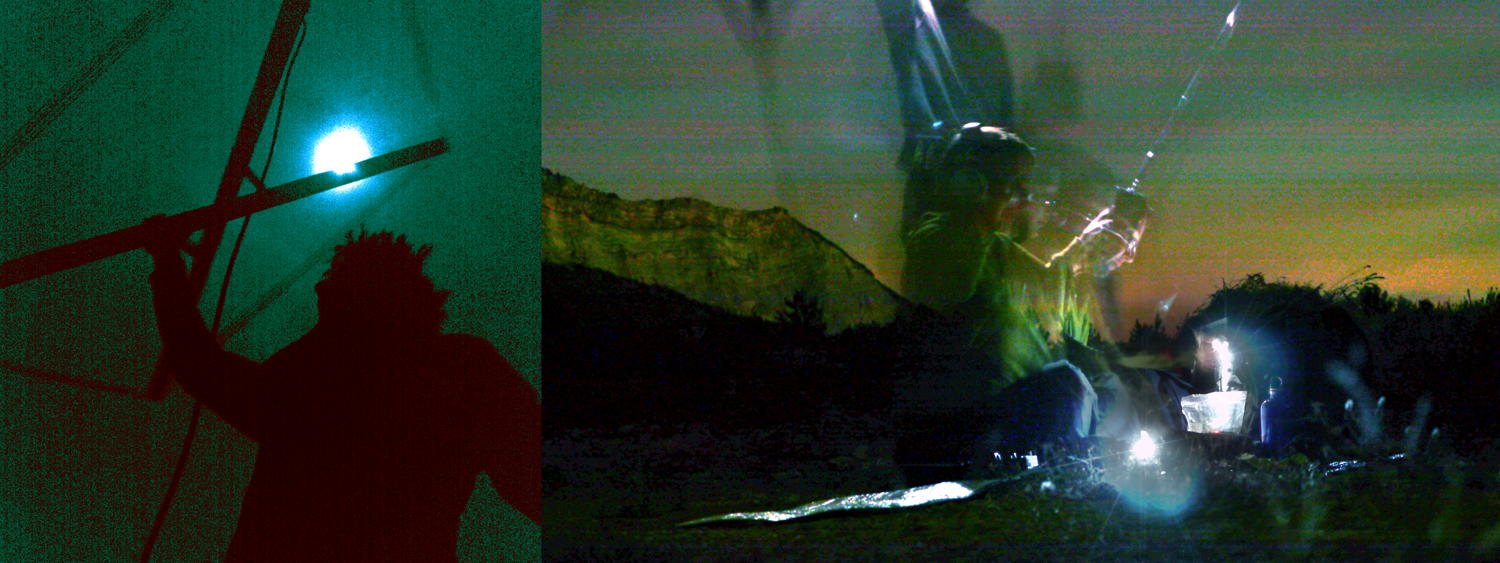
The expanding technological landscape often obscures our perception, creating a sense of confinement akin to being bound in a cave. We find ourselves surrounded by the allure of science and technology, unable to see beyond the shadows they cast on the walls of our existence. Are we mere players in this vast playground of existence, or are we unwittingly manipulated characters? This course prioritizes the exploration of self-expression through creative endeavors and encourages participants to reflect on the broader context of a pan-surveillance society.
In this course, we will feature the game engine as main creative framework to build a new view of the cosmos and embark on a journey of self-discovery through the lens of digital immersion. We delve into the art of emotional expression by translating our reality into the virtual realm, reorganising our experiences within the context of a game. In the first two days, through digital meditations, in-depth art case studies, and practical work with the character simulation, advanced particle system, 3D soundscape, to integrate personal aesthetic experience gradually.
The final session of this seminar, 7/8.June, intertwines with the course "A Day On Earth" from the Time-based Art with Contemporary Technology curriculum. 24-hour journey at Wasserschloss Reelkirchen in Ostwestfalen-Lippe. Participants utilize virtual reality as a medium within the 24-hour activity, enabling them to initiate a time period spontaneously at any point during the day. They have the freedom to act independently or create contexts to engage the collective, with all rules established by the initiator. The activities of this 24h behavioral output as a final course presentation.
Schedule:
May 10th Fri 10:00 - 17:00
May 11th Sam 10:00 - 17:00
June 7th 12:00pm -
June 8th 12:00pm (24h) @ Wasserschloss

In this course, we'll delve into the realm of machine learning slam and explore obsolete algorithms that were recently cutting-edge. We'll enhance our coding skills to include low-budget appropriation techniques suitable for music or sound production by artists with limited funds and older laptops.
Participants with new laptops are also welcome because sooner or later, their laptops will become outdated. Please note that our machine learning slam is full of Python, so be prepared to learn the language.
Schedule:
June, 28 Fri 10:00-17:00
June, 29 Sat 10:00-17:00
July, 4 Fri 10:00-17:00
July, 5 Sat 10:00-17:00

The Time-based Art with Contemporary Technology class experiments with artistic forms of storytelling that engage with different culturally shaped concepts from various worldviews, media history, and socio-political perspectives. It emphasises experiential research surrounding and performative sharing(of sense-making), utilising leading-edge technologies to reflect and influence political, social, ecological, and economic debates.
Guest Professor Echo Ho – e.ho@udk-berlin.de
Tutor*innen:
Jiawen Wang – ji.wang@udk-berlin.de
Raum 19
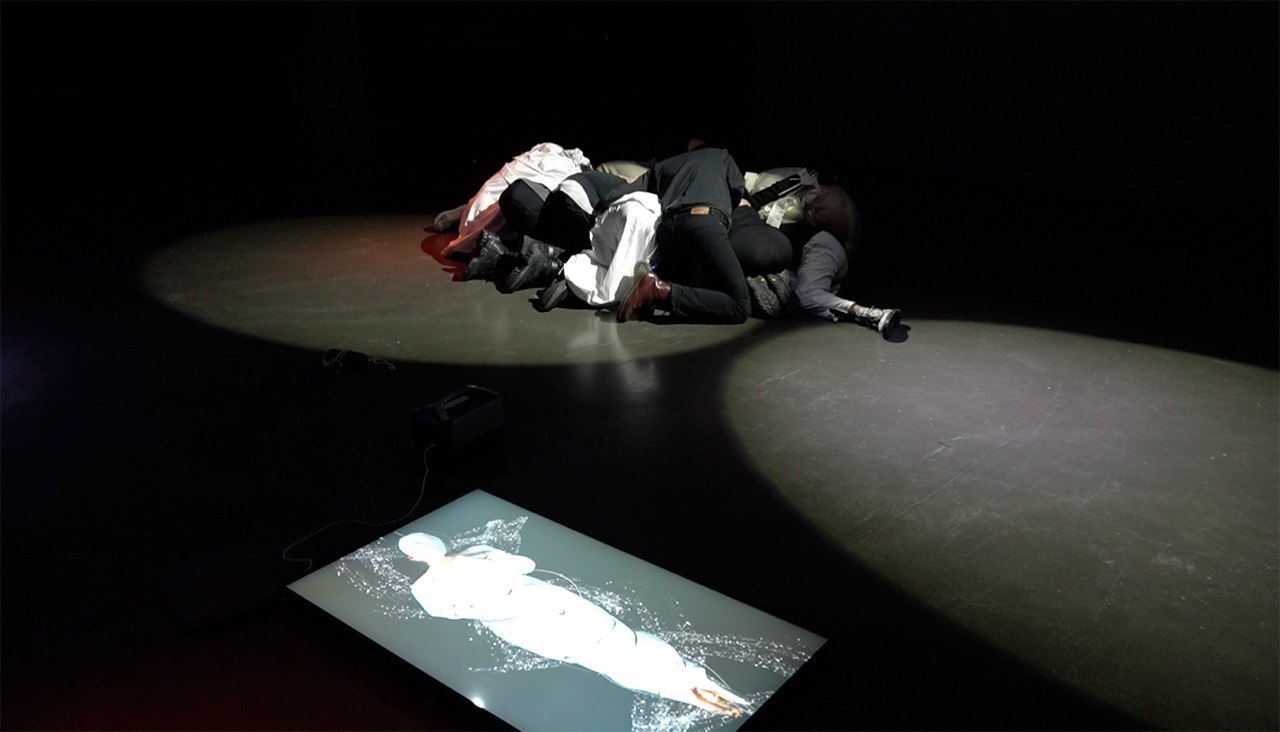
The curricula envision creating a sustainable, innovative and experimental environment that inspires and empowers students to define, determine and shape their roles in and with the art in a digital transformation era, where we live and struggle with planetary crises, rapid technological advancement, and confronting unresolved issues like inequality and war. We emphasise the performative sharing process (of sense-making) in the art of utilising leading-edge technologies. We experiment with artistic forms of storytelling that engage with different culturally shaped concepts from various worldviews, media history and socio-political perspectives. We will think alongside situated conversations, reading, writing, imagining, performing, cooking, and cultivating organic, digital, and artificial intelligence collaborations in a sympoetic coexistence that seeks to reflect on and influence political, social, ecological, and economic debates.

approaches for conceptualising and realising their projects and supports the development of realisation strategies. This involves in-depth discussions at the conceptual level and experimentation with evolving production and presentation processes.
Sessions can be booked online via Google Forms, with available time slots ranging from 1 to a maximum of 3 hours each time.
(* If the schedule does not work for you, please arrange an individual appointment with me.)
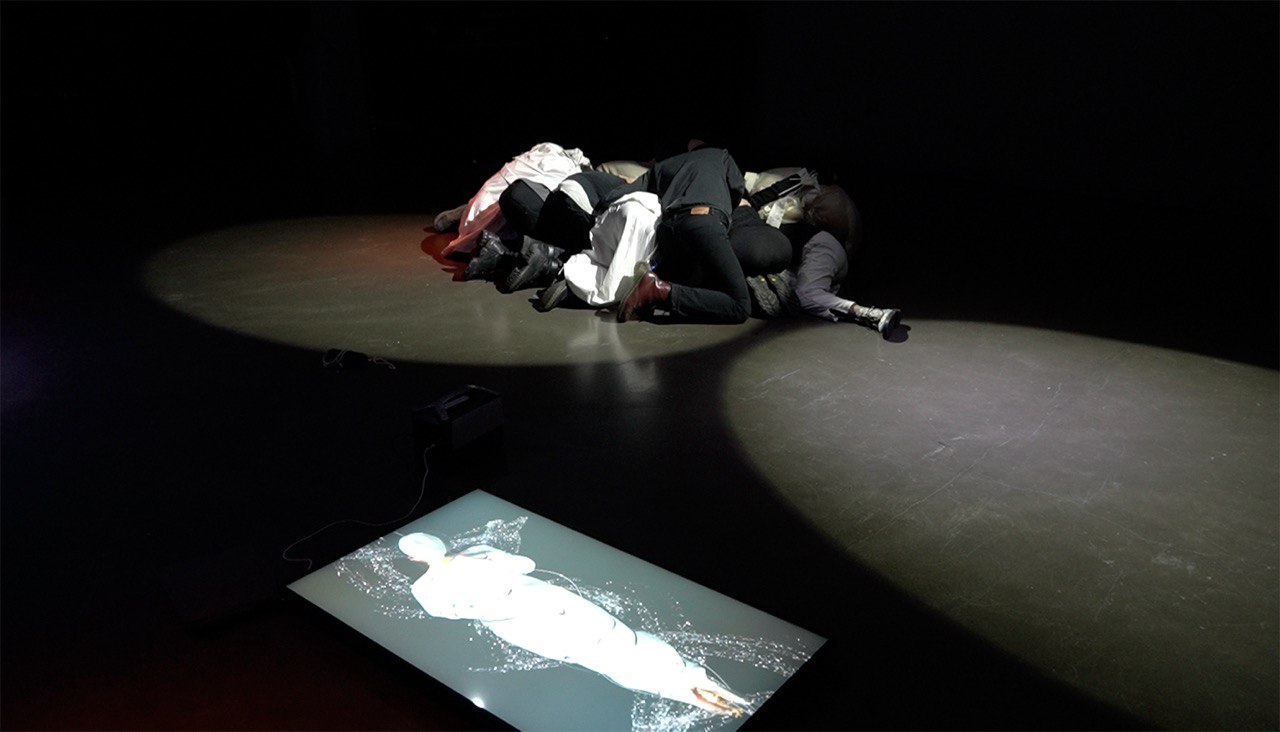
Scheduled sessions: 19-20 April, 3-4 May, 24-25 May, 7-8 June, 21-22 June, 5-6 July, 19-20 July
Structure
Opening Block: An open-space gathering marked by a tea ceremony, communal dinner preparation, idea sharing, and spontaneous events.
Thematic Blocks: Focuses on four themes: Scapegoating AI, Technoschmanism, Cosmotechnics, and Expanded Magic Reality.
Event Blocks: Includes two public events at Wasserschloss Reelkirchen in Ostwestfalen- Lippe on June 7-8. and a Rundgang at UDK on July 19-20.
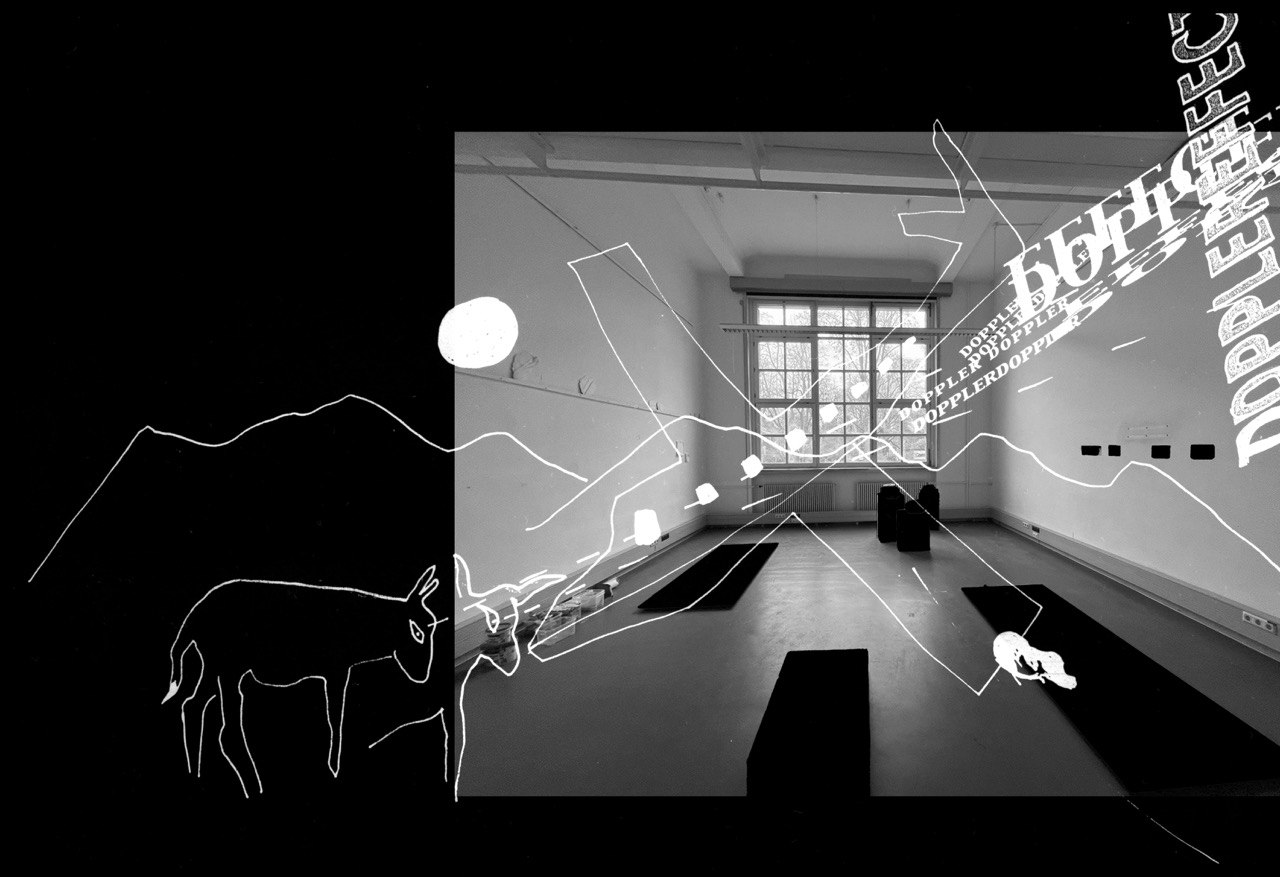
Daily Schedule
Lunch (12 - 2 pm): Opening circle, shared cooking, talking, eating and tea/coffee. Afternoon (2 - 6 pm): A playground of tools, indoor and outdoor activities.
Evening (7 - 10 pm): Dinner with guests, conversation.
Night (10 pm - 3 am): "entertaining programming," "midnight rituals", “going/hanging
out".
Dawn (4 - 5 am): sleep meditation or sleepwalk.
Morning (5 - 10 am): The space between sleep and awakening.
Wake-up (10 - 11 am): Body ritual.
Breakfast (11 am - 12 pm): The day begins or ends with a communal breakfast.

(* The workshop is open to all students and requires early registration due to limited capacity. Interested participants should email us to register. Successful completion is potentially eligible for a Leistungschein.)
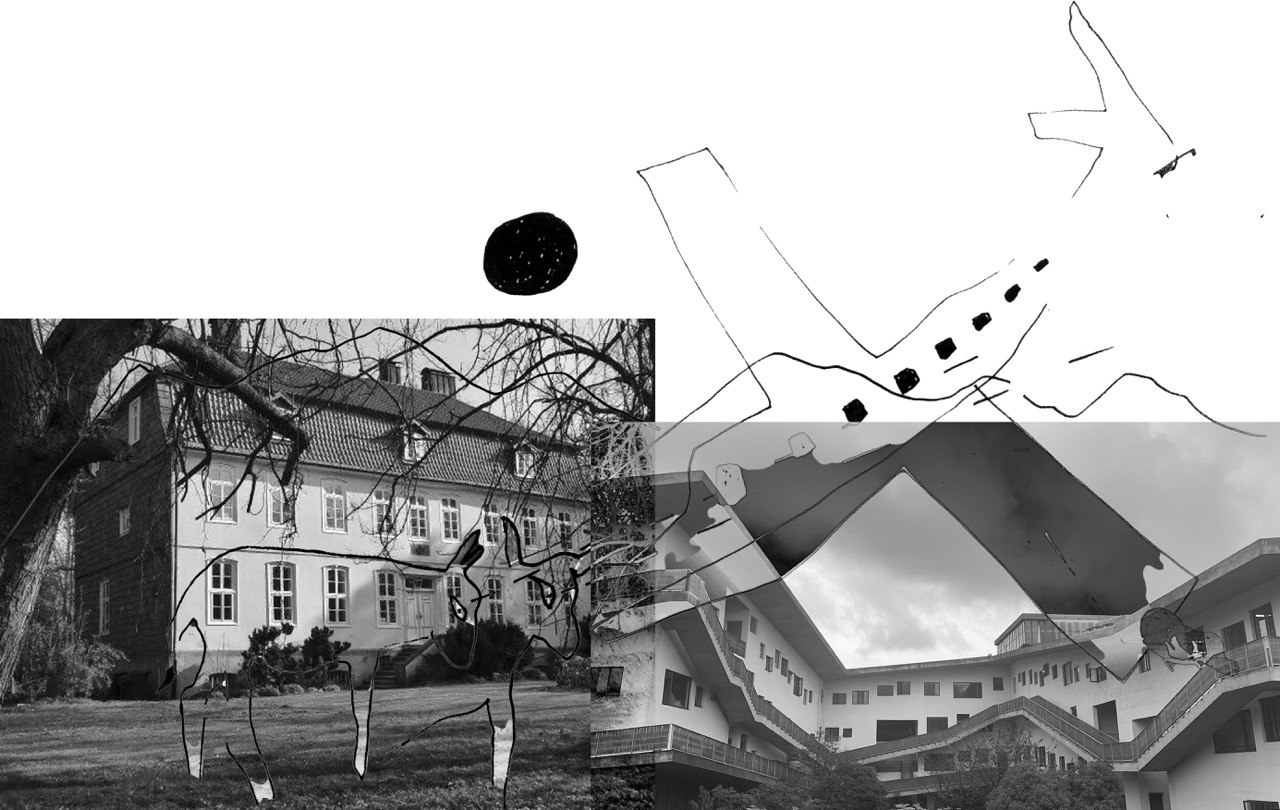
Digital Education consists of education-about-digital and education-with-digital.
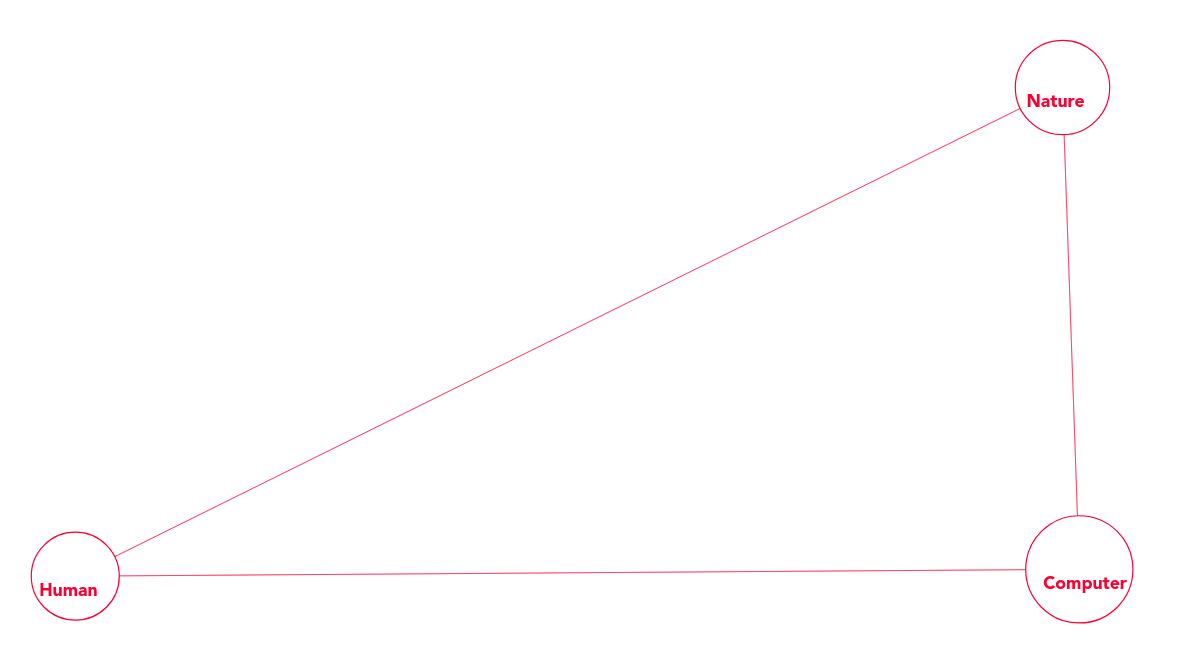
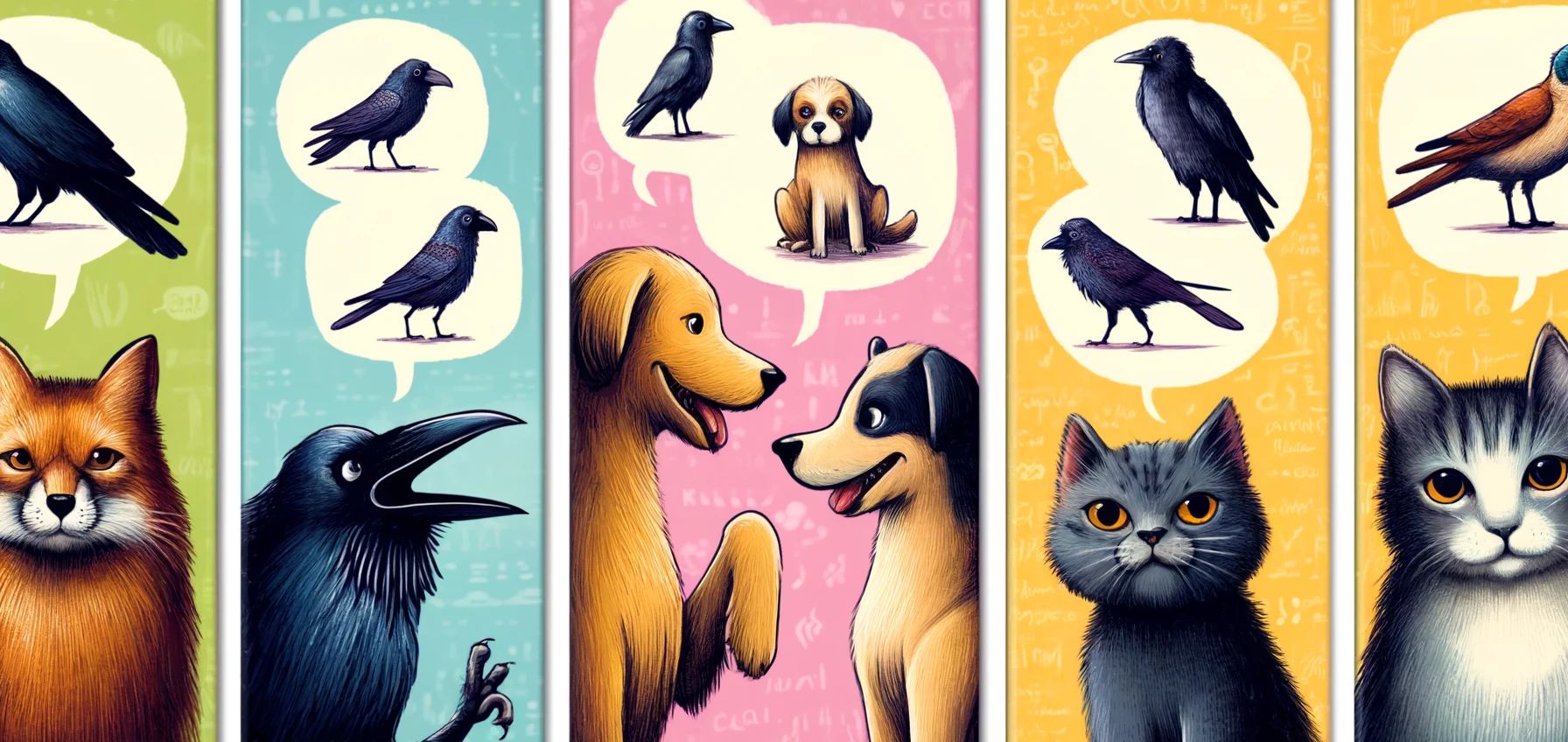
In the process, You will increase Your skills in domains like: Python. Linux. ALSA Audio. Raspberry Pi. CUDA / NVIDIA Jetson. Electrophoretic (E-ink) displays. Gesture sensors. Websockets. Speech recognition. Speech synthesis. Laser cutting. Asynchronous programming. Incremental design.

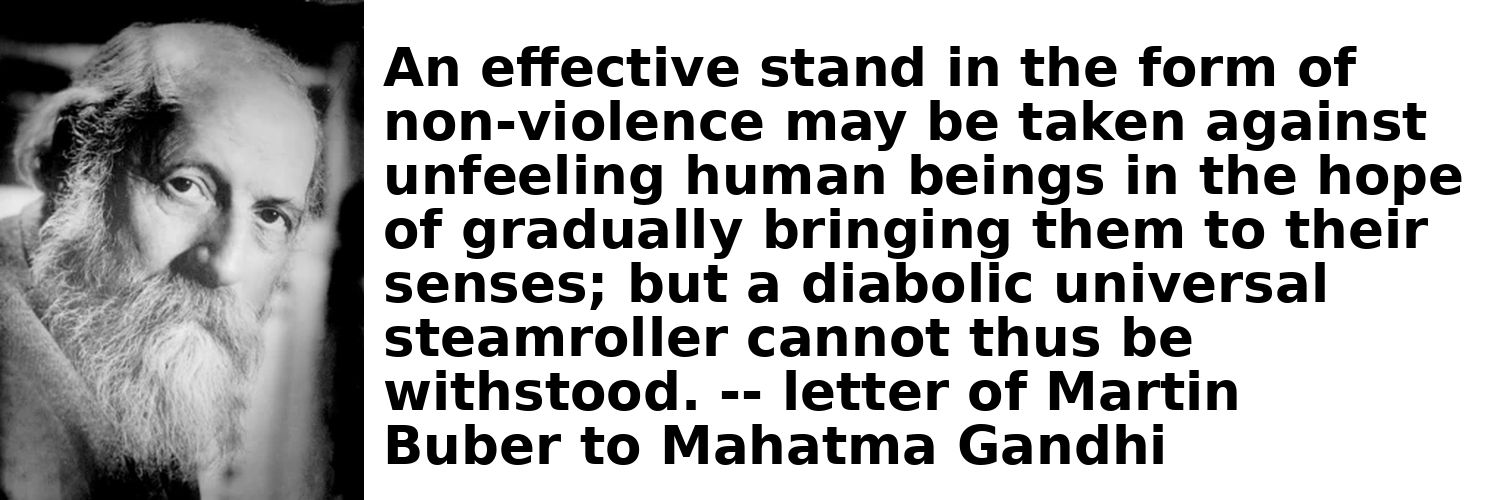

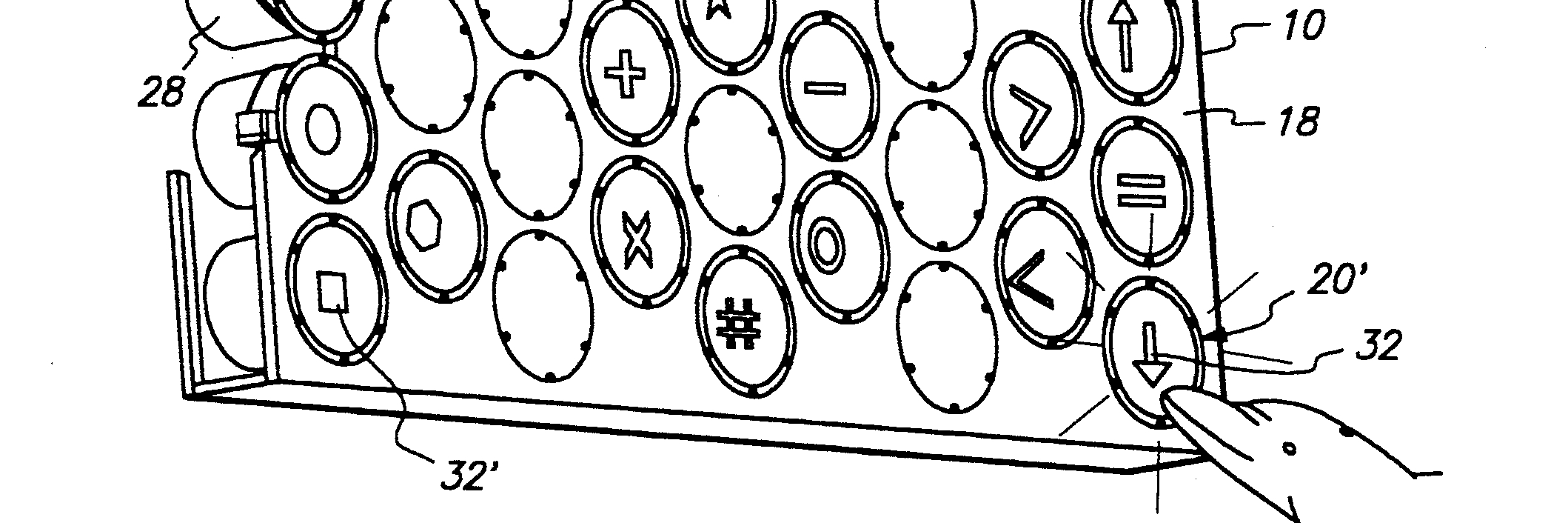
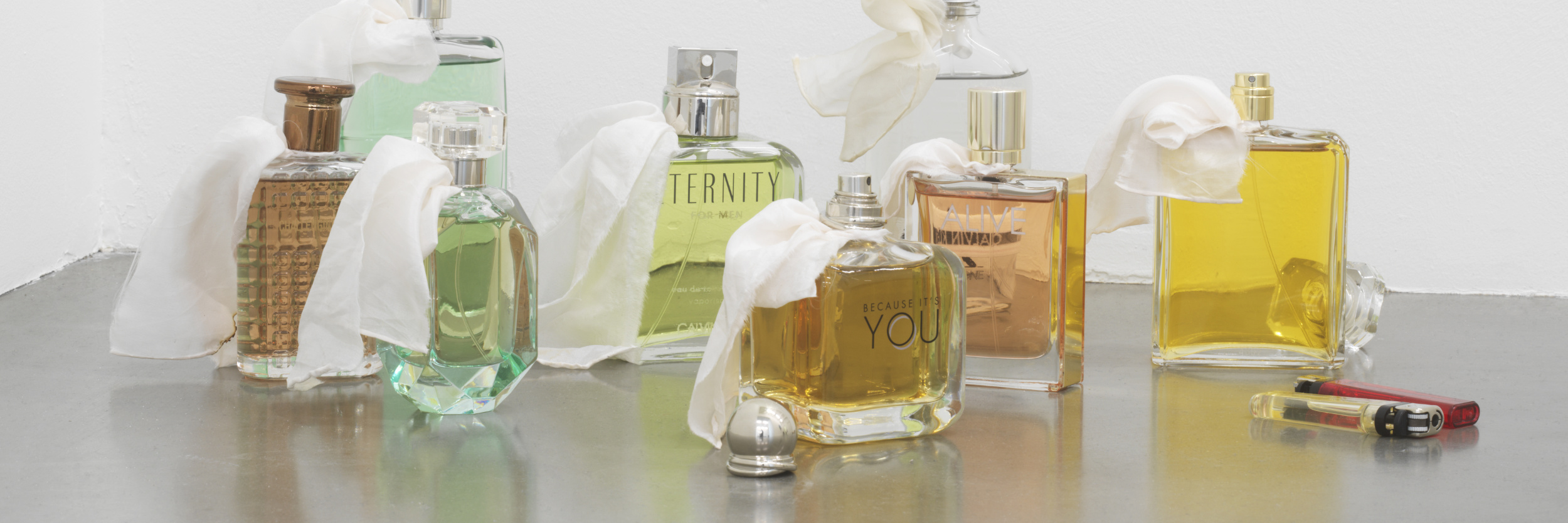
There are numerous approaches to either develop or dismantle a theory or system, applicable to oneself, a project, or even on a larger scale. How can you create a method that is uniquely suited to your needs, and how do you defend it?
We will explore our collective experiences concerning growth, practical production, and institutional dynamics. Additionally, we will discuss strategies for navigating these complex environments.
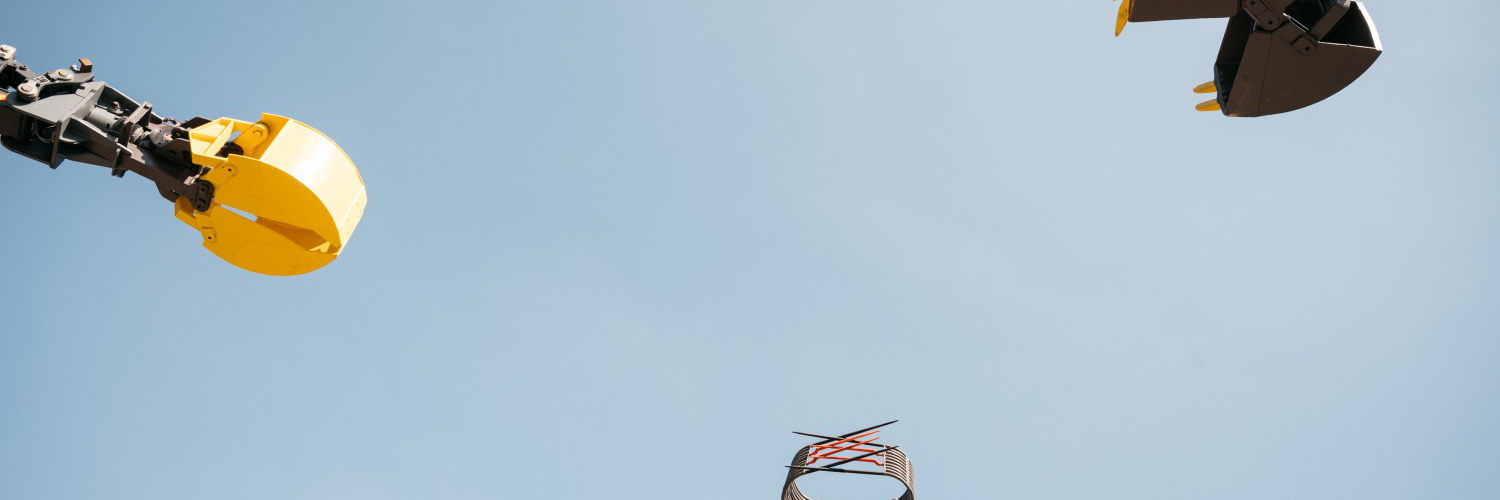
This course will be a laboratory where non-functional machines will be designed, discussed, created and presented in class.
In a machine-dominated world where more and more human labor is being replaced by machines, what does it mean to create bachelor machines? To what other fields can the concept of a bachelor machine be extended?

Sprechstunde mittwochs 10-12 Uhr in 26A
info@filminstitut.udk-berlin.de
tutor.in@filminstitut.udk-berlin.de

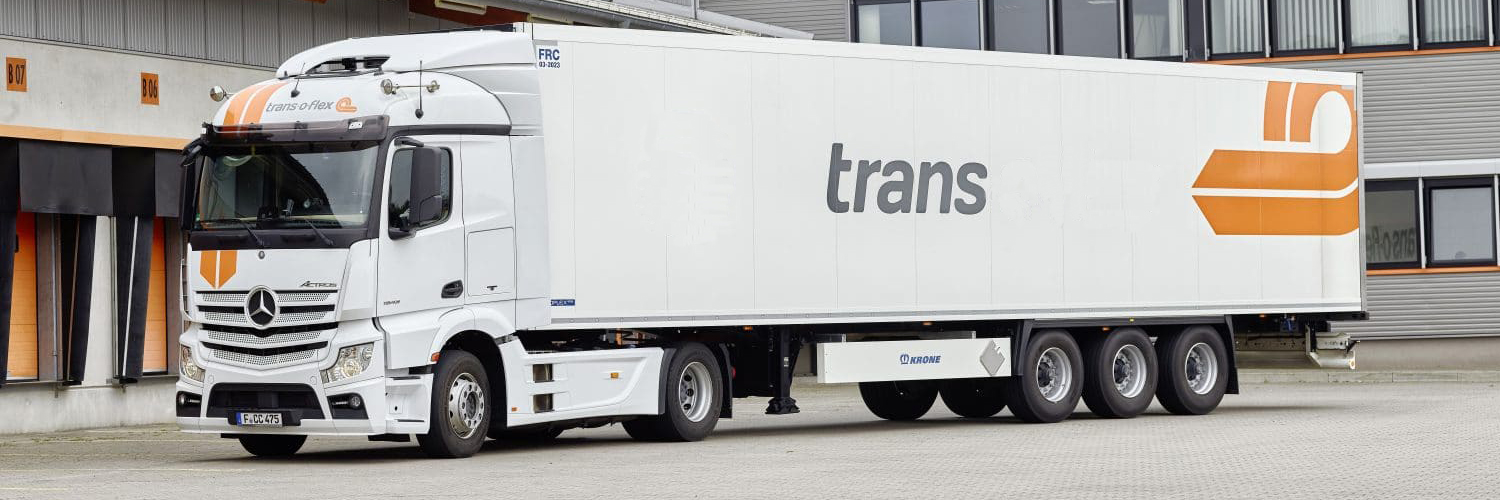
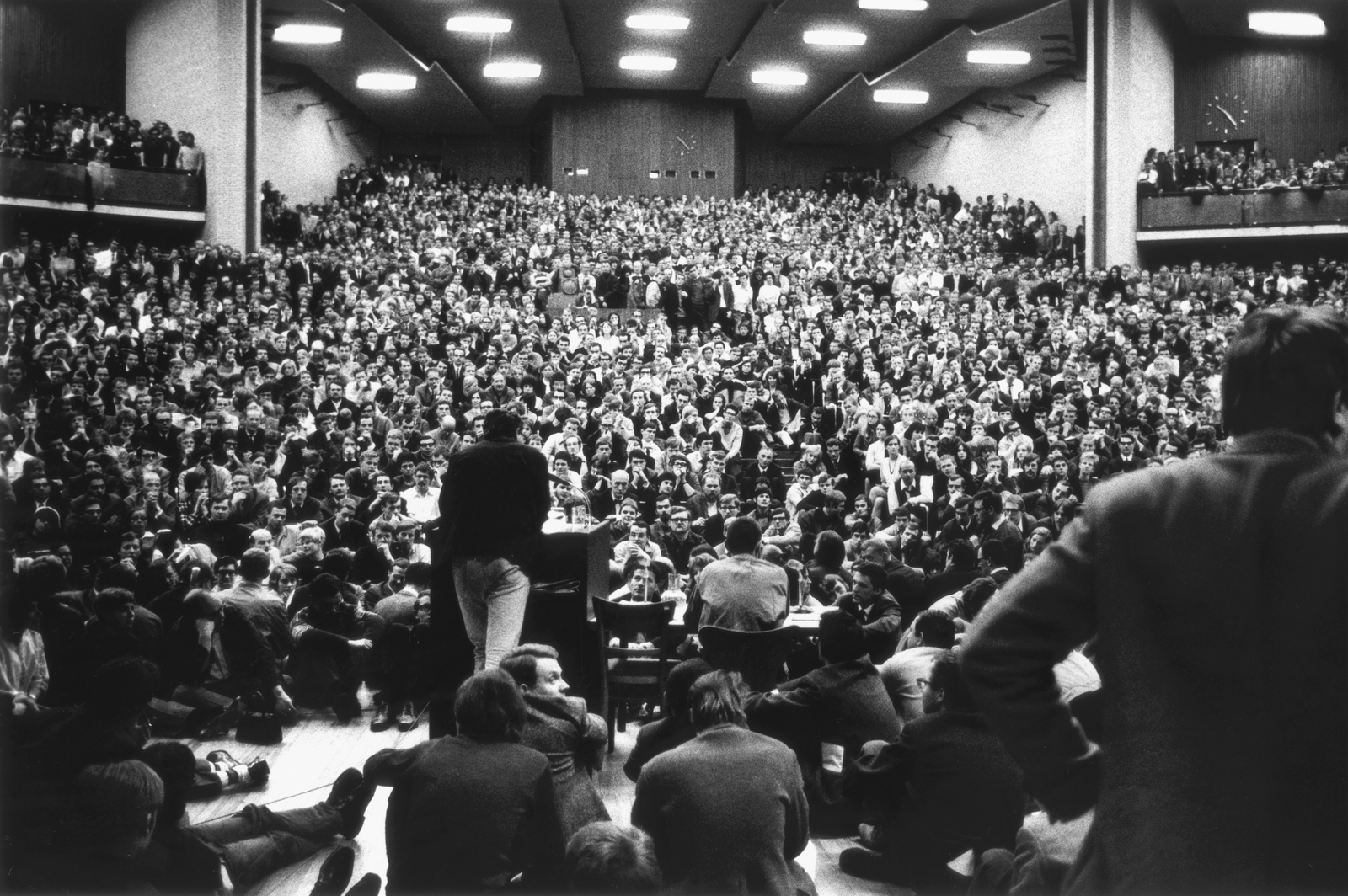
E-Mail: m.pflueger@udk-berlin.de
Technische Beratung und Betreuung der Studierenden bei Ihren AV-Projekten, Verleih von Kamera-, Ton- und Lichtequipment sowie technische Einweisung in die Geräte
Raum 24 und 25
Mo - Fr 10-13 Uhr Geräteausgabe und - Rückgabe (nach Terminvereinbarung)
Mo - Fr Beratung und Betreuung (nach Terminvereinbarung)
Die AV-Werkstatt unterstützt die Studierenden bei der technischen Umsetzung ihrer Projekte. Hierfür ist die "Einführung AV-Werkstatt" erforderlich. Es werden am Anfang von jedem Semester 2 Einführungsveranstaltungen für neue Studierende angeboten. Darüberhinaus finden regelmäßig Workshops zu speziellen Themengebieten oder neuem Equipment statt. Außerdem steht ein Green-Box-Studio zur Verfügung.
